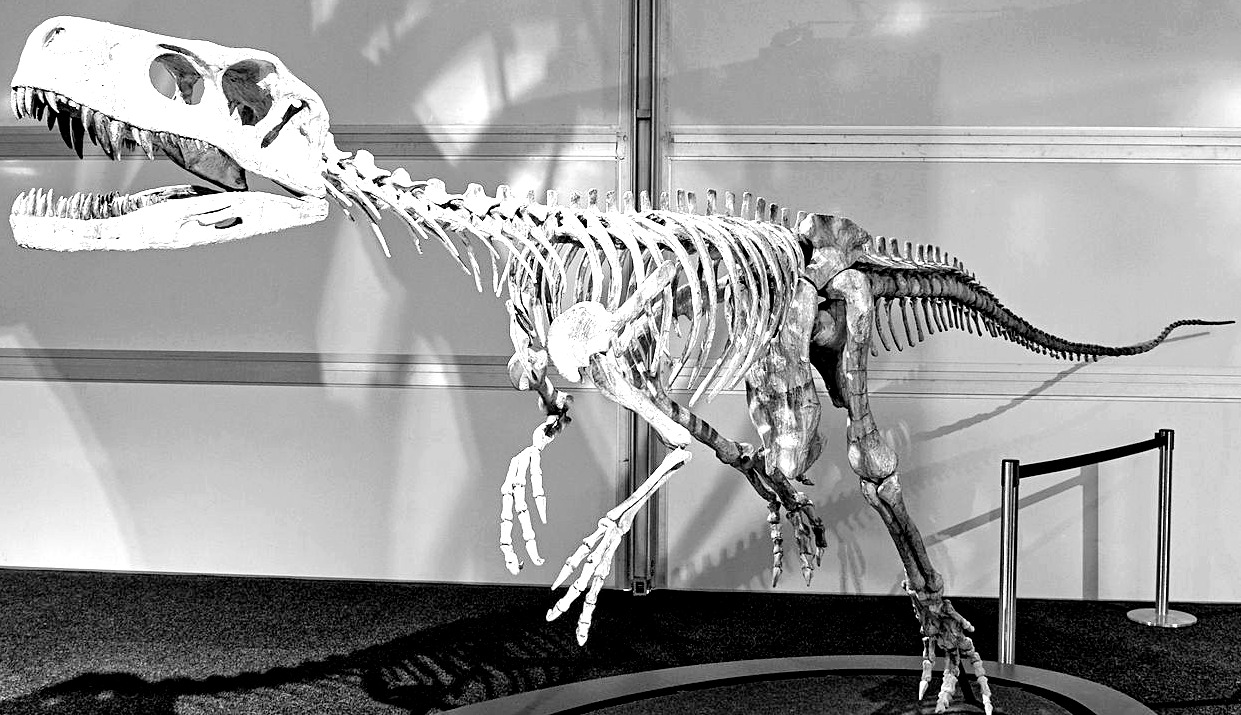Lucknow, Aug 8 (IANS) Scientists from the Indian Institute of Technology (IIT)-Roorkee and Geological Survey of India (GSI) have discovered the oldest fossil remains of a long-necked, plant eating dicraeosaurid dinosaur in Jaisalmer, Rajasthan.
The study published in ‘Scientific Reports’, an international journal by the publishers of Nature, not only reveals that remains are 167 million years old but also that they belong to a new species unknown to scientists thus far.
Former director of Birbal Sahni Institute Palaeosciences (BSIP), Lucknow, Sunil Bajpai, who is presently the Chair Professor of Vertebrate Paleontology in the Department of Earth Sciences, IIT-Roorkee and his IITian colleague Debajit Datta, a national post-doctoral fellow, carried out the detailed study of the fossils.
“A systematic fossil exploration and excavation program initiated by GSI in 2018 in the Middle Jurassic (~ 167 Ma) rocks in the Jaisalmer region of Rajasthan, has led to this discovery. The fossils were collected by the GSI officers Krishna Kumar, Pragya Pandey and Triparna Ghosh under the supervision of Debasis Bhattacharya and then we studied it for around five years,” said former BSIP director Sunil Bajpai.
According to scientists, fossils of dicraeosaurid dinosaurs have been found previously in North and South America, Africa and Asia (China) but such fossils were not known from India. The discovery also suggests India was a major centre of dinosaur evolution, they said.
The fossil remains were collected from the Jaisalmer region in 2018 and thereafter a group of six scientists from two premier organizations carried out research on it for around five years.
Their study revealed that the first-ever dicraeosaurid dinosaurs found in India existed in the Jaisalmer region.
The new dinosaur has been named ‘Tharosaurus indicus’, the first name referring to the ‘Thar desert’ where the fossils were found, and the second name is after its country of origin, i.e., India.
He said the main significance of this discovery lies in its age. The rocks in which it was found are dated to be around 167 million years old which makes this new Indian sauropod not only the oldest known dicraeosaurid but also globally the oldest diplodocoid (broader group which includes dicraeosaurids and other closely related sauropods).
Prof Bajpai said the new Indian dinosaur is part of a long lineage that originated in India and underwent rapid dispersal across the rest of the world.
Explaining further, Debajit Datta from IIT-Roorkee said, “The study comes up as an alternative to previous theories on sauropods which suggested that the oldest dicraeosaurid was from China (about 166–164 million years old) and that the ancestors of diplodocids and neosauropods were only present in Asia or the Americas.”
He said the Indian Tharosaurus is older than its Chinese relatives. Coupled with other primitive dinosaurs in India such as Barapasaurus and Kotasaurus from the early Jurassic rocks of central India, the new Indian discovery strongly suggests that India was a major centre for the origin and radiation of neosauropod dinosaurs.

